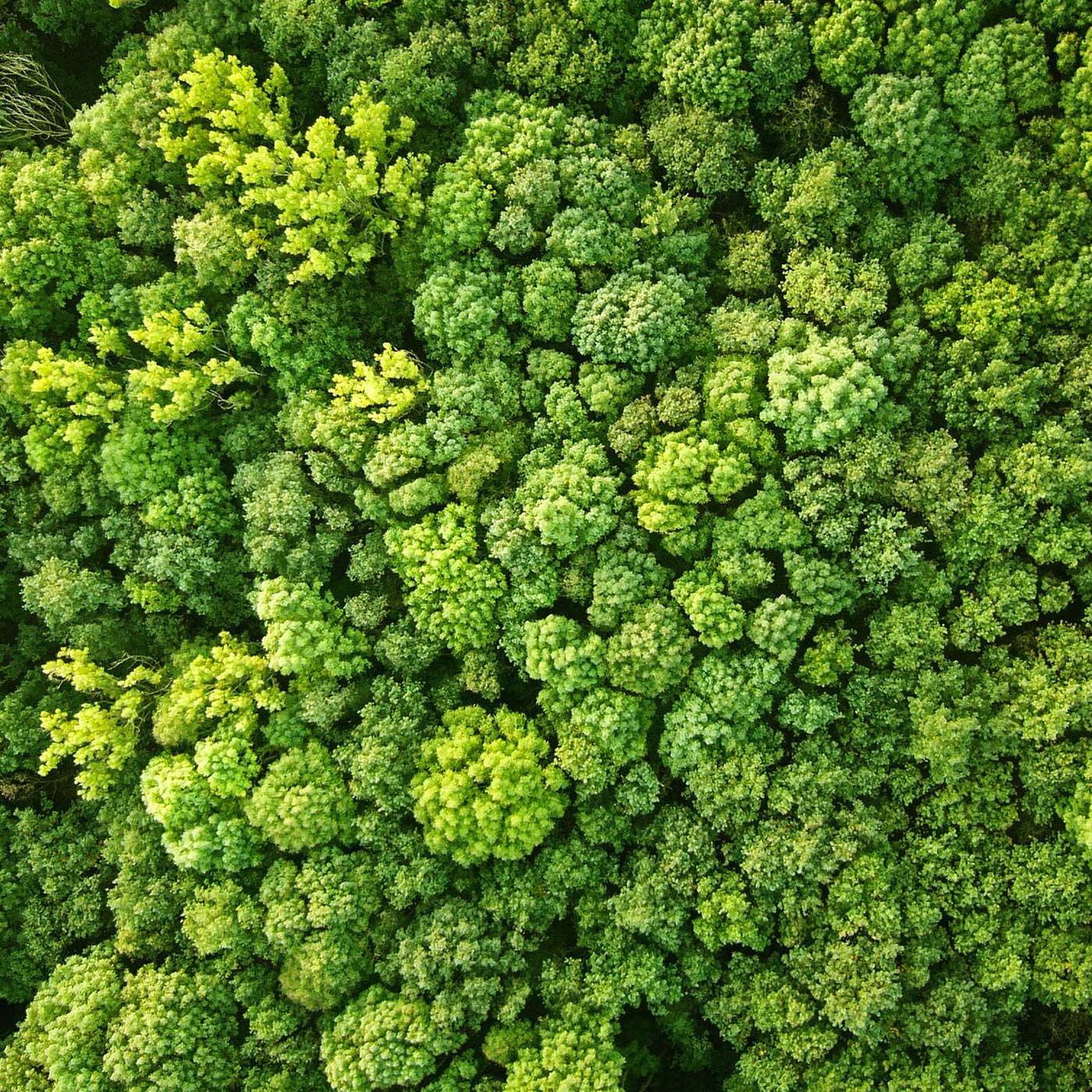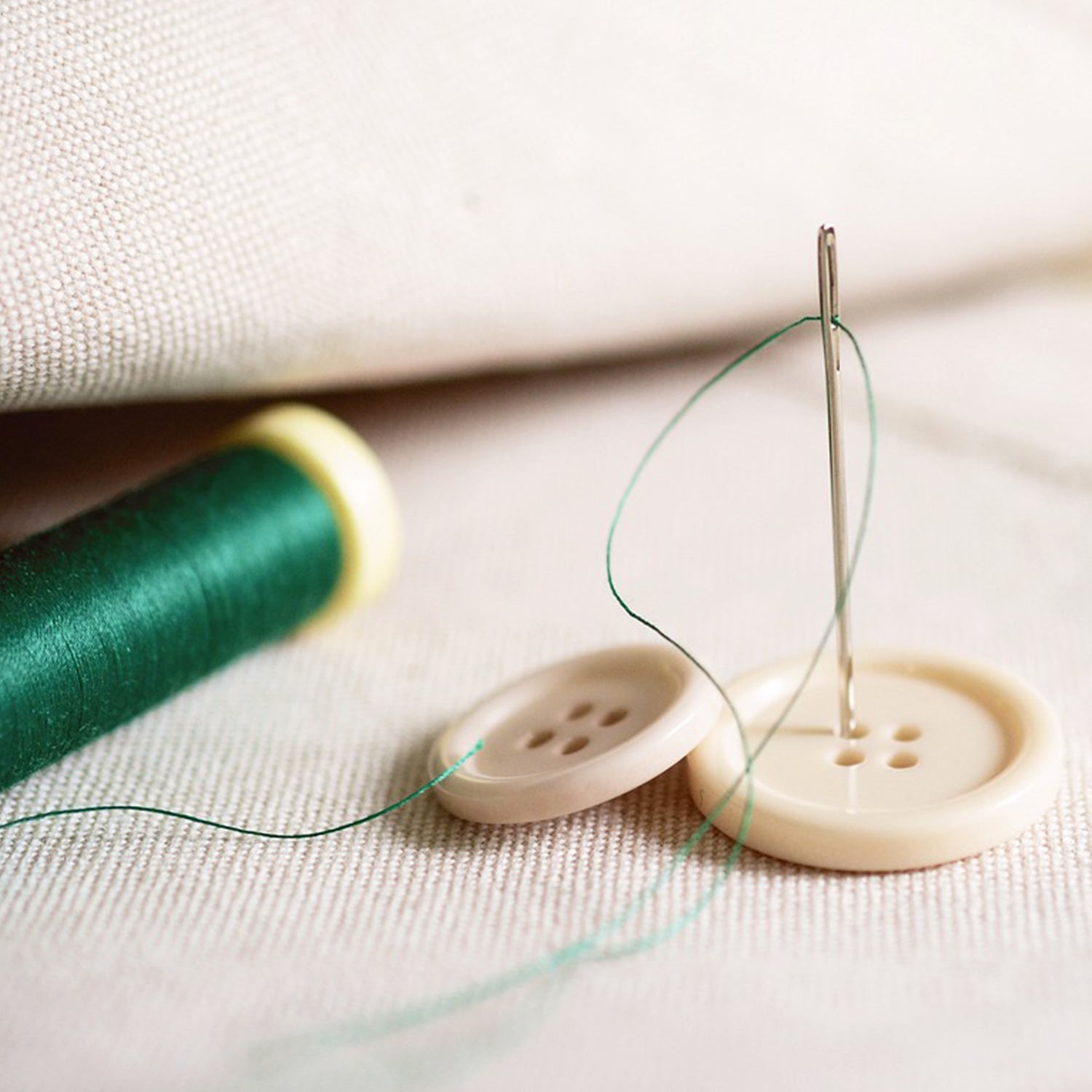J'essaie de ralentir, de repenser tout le système de fonctionnement de la mode et de créer des vêtements durables et éthiques. Je suis sans cesse à la recherche de nouvelles matières et de nouvelles technologies, afin de réduire mon impact et de faire encore mieux qu'aujourd'hui.
Chaque vêtement que je crée est le fruit d'une réflexion minutieuse et d'un engagement envers un avenir meilleur pour notre planète. Je vous invite à explorer mes collections avec la certitude que chaque choix que vous faites a un impact positif sur l'industrie de la mode et sur notre planète.
01
Production locale
Mes bureaux sont basés à Renens, situé dans la région ouest de Lausanne, en Suisse. Mon approche commerciale consiste en une collaboration directe avec les fabricants, éliminant ainsi tout intermédiaire superflu.
J'ai choisi de produire en Pologne, au Portugal et en Suisse. Cette décision découle de mon engagement envers des normes de travail exemplaires et des rémunérations équitables pour tous les travailleurs impliqués dans l'industrie de la mode. De manière à concrétiser cet engagement, j'ai opté pour des partenaires qui partagent ces valeurs. De plus, je privilégie des entreprises orientées vers des productions à échelle réduite, favorisant ainsi une approche plus artisanale et qualitative.
75% des matières sont fabriquées au Portugal, où j'ai trouvé des partenaires de confiance qui respectent mes critères de durabilité et d'éthique. Et 25% en Italie, où j'ai également établi des liens avec des fournisseurs réputés pour la qualité de leurs matériaux et leur savoir-faire.

02
MATIERIES ÉCORESPONSABLES & DURABLES
Le choix des matières dans la fabrication d’un vêtement est essentiel.
L'industrie textile nécessite une grande consommation des matières premières, c'est pourquoi il est primordial de sélectionner des matières écoresponsables afin de diminuer mon impact environnemental.
J'ai choisi d'utiliser des matières comme le TENCEL™ et le SEACELL™ ou encore le LIN.
03
RÉDUCTION DES MATÉRIAUX & RECYCLAGE
Le domaine de la mode engendre pas moins de 92 millions de tonnes de déchets, tout en exerçant une pression considérable sur les réserves de matières premières. Ainsi, la nécessité de restreindre l'exploitation des ressources naturelles et de promouvoir les pratiques de recyclage et d'upcycling s'avère primordiale.
Afin de renforcer davantage mon engagement envers le concept de zéro déchet et de progresser vers une économie circulaire, j'ai pris la décision d'employer des retaillages de tissus pour leur offrir une seconde existence. En récupérant des coupons de tissus, des extrémités de rouleaux et même des morceaux excédentaires auprès de mes fournisseurs, je les métamorphosons en vêtements et accessoires innovants. Cette initiative contribue non seulement à réduire mon empreinte écologique, mais également à favoriser un impact positif sur l'environnement.

04
ETHIQUE & TRACABILITÉ
La marque se soucie des causes sociales et environnementales et je m'engage au quotidien pour changer l’industrie de la mode.
Tous les tissus et vêtements sont produits de façon éco-responsable, en Europe, en respectant le droit du travail européen (Matières: Italie et Portugal/ Fabrication: Pologne, Portugal et Suisse). J'ai une relation étroite et de confiance avec tous mes fournisseurs et je travaille à un objectif commun de rehausser les normes de production de vêtements.
05
CERTIFICATIONS
Je privilégie l'éthique authentique au milieu des certifications abondantes. Même en tant que petite entreprise, je m'engage profondément envers mes produits et partenaires, sans la nécessité de certificats coûteux. Je maintiens la transparence en m'impliquant directement dans ma chaîne d'approvisionnement, visitant régulièrement mes partenaires pour garantir la qualité. De plus, je soutiens la durabilité en adoptant le Global Organic Textile Standard (GOTS) pour mes textiles en coton et en exigeant le Standard 100 by Oeko-Tex de mes partenaires pour garantir l'absence de produits nocifs. Mon engagement envers l'éthique et la qualité est mapriorité, quelle que soit la taille de mon entreprise.

06
GARANTIE & RÉPARATION
Je souhaite aller encore plus loin et diminuer l’impact de mes produits après leur vente, c'est pourquoi je propose un service de réparation. Les frais de réparation sont à ma charge s'il y a un défaut de fabrication.
Toute autre réparation est à la charge du consommateur. Si vous avez un vêtement de la marque qui doit être réparé, veuillez me contacter via "contact" de mon site internet.
07
EMBALLAGES RÉUTILISABLES
J'ai adopté le concept innovant des emballages repack pour tous mes envois. Concrètement, chaque emballage repack est réutilisé pour minimiser son impact sur l'environnement. En retour, les emballages repack sont réintégrés dans le cycle d'utilisation, contribuant ainsi à la réduction des déchets.
Pour donner un aperçu de mon impact positif, selon les données de l'International Postal Company, le renvoi de l'emballage repack génère une empreinte carbone de 36 grammes de CO2 par expédition, soit l'équivalent d'un e-mail avec une pièce jointe volumineuse. En adoptant les emballages repack, je participe activement à la réduction de cette empreinte, tout en maintenant la qualité de mes envois.

